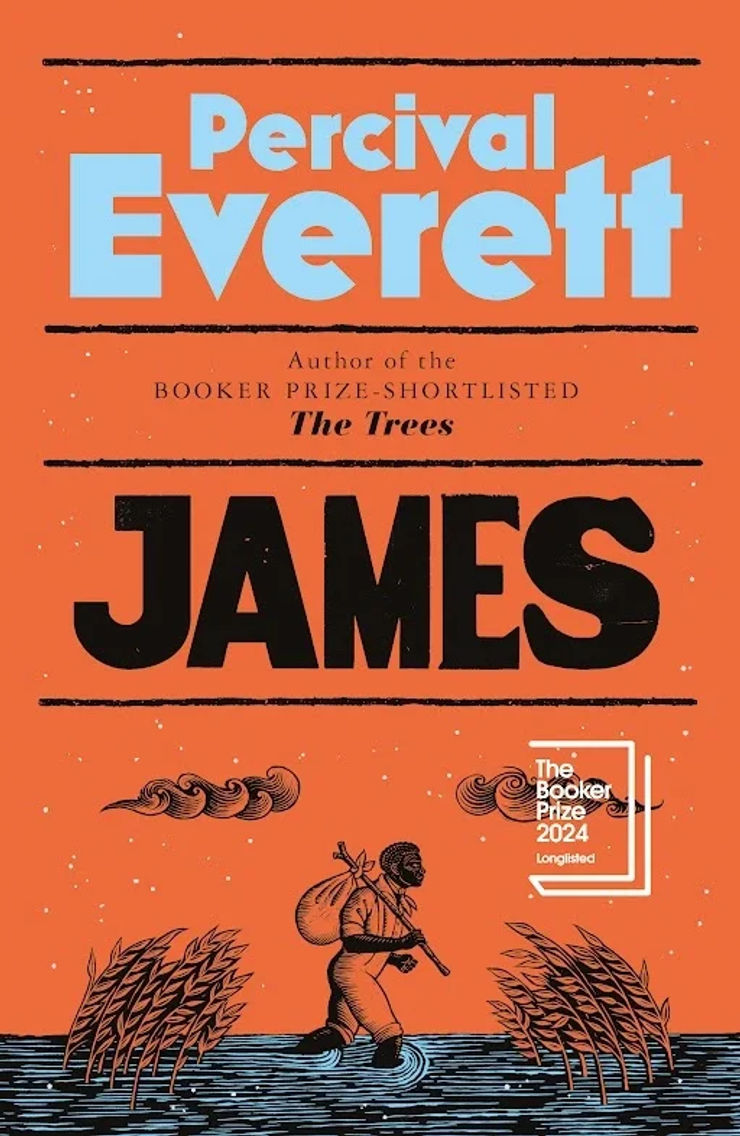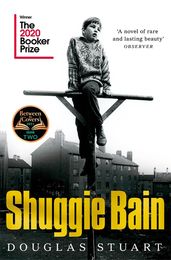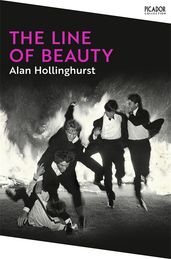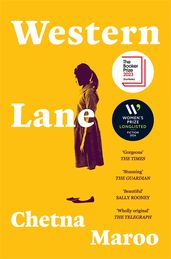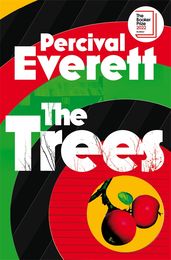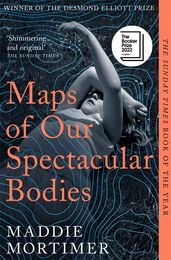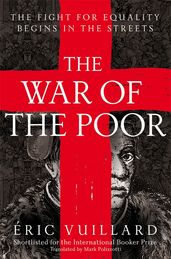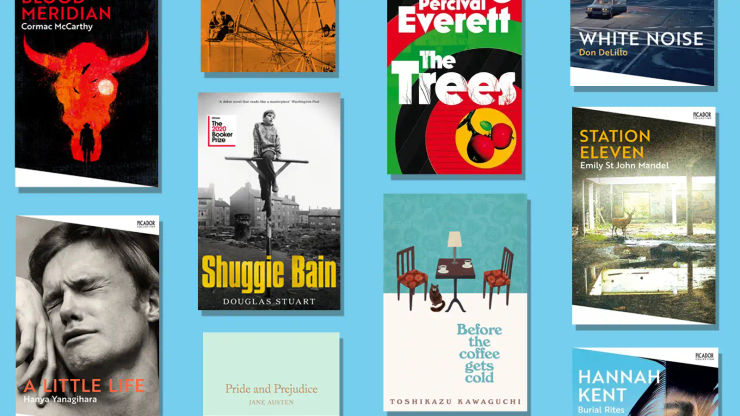Our favourite Booker Prize-winning and nominated novels
We take a look at some of our favourite Booker Prize-winning novels and the nominees we love, including Percival Everett's James from this year's shortlist.
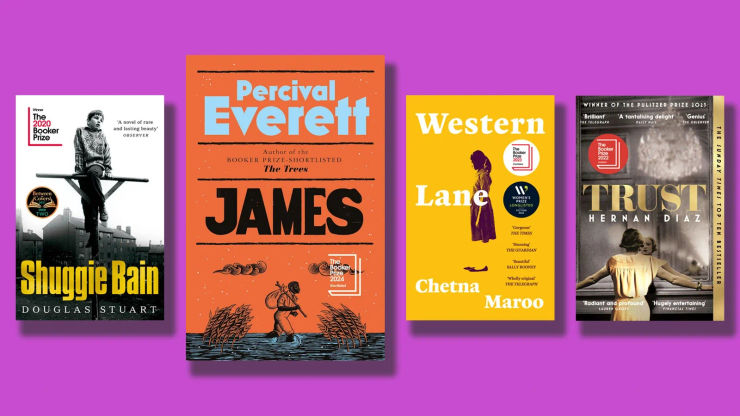
We take a look at some of our favourite winners and nominees of the revered Booker Prizes over the years, including this year's shortlisted James by Percival Everett and 2023's shortlisted Western Lane by Chetna Maroo.
Over the years we've been fortunate enough to have four of our authors claim the prize itself, most recently Douglas Stuart in 2020 with his incredible debut Shuggie Bain.
James, shortlisted 2024
by Percival Everett
In his newest offering, Percival Everett lays out a precise and painful depiction of the Antebellum South on the cusp of Civil War, shot through with his trademark dry humour and semantic flair. The novel is told from the perspective of James (formerly ‘Jim’), the affable companion of Huckleberry Finn in Mark Twain’s novel. Crucially in Everett’s re-telling, James is resurrected from the graveyard of racist archetypes, and is given multiple dimensions and a character arc of his own: when James embarks on a quest to secure his wife and daughter’s freedom, Huck tags along for the ride.
Shuggie Bain, winner 2020
by Douglas Stuart
Douglas Stuart’s blistering debut is a heartbreaking story which lays bare the ruthlessness of poverty and the limits of love. Set in a poverty-stricken Glasgow in the early 1980s, Agnes Bain has always dreamed of greater things, but when her husband abandons her she finds herself trapped in a decimated mining town with her three children, and descends deeper and deeper into drink. Her son Shuggie tries to help her long after her other children have fled, but he too must abandon her to save himself. Shuggie is different, fastidious and fussy, and he is picked on by the local children and condemned by adults as 'no’ right’. But he believes that if he tries his hardest he can be like other boys and escape this hopeless place.
The Sea, winner 2005
by John Banville
When art historian Max Morden returns to the seaside village where he once spent a childhood holiday, he is both escaping from a recent loss and confronting a distant trauma. The Grace family had appeared that long-ago summer as if from another world. Mr and Mrs Grace, with their worldly ease and candour, were unlike any adults he had met before. But it was his contemporaries, the Grace twins Myles and Chloe, who most fascinated Max. He grew to know them intricately, even intimately, and what ensued would haunt him for the rest of his years and shape everything that was to follow.
The Line of Beauty, winner 2004
by Alan Hollinghurst
With his new book Our Evenings coming in October, there's no better time to discover Alan Hollinghurst's Booker-winning novel. In the summer of 1983, twenty-year-old Nick Guest moves into an attic room in the Notting Hill home of the wealthy Feddens: Gerald, an ambitious Tory MP, his wife Rachel and their children Toby and Catherine. Innocent of politics and money, Nick is swept up into the Feddens’ world and an era of endless possibility, all the while pursuing his own private obsession with beauty. The Line of Beauty is a novel that defines a decade, exploring with peerless style a young man’s collision with his own desires, and with a world he can never truly belong to.
In a Free State, winner 1971
by V.S. Naipaul
The Nobel Prize-winning V.S. Naipaul has sold millions of books in his lifetime, and this is certainly one of his finest. Three parts build to an overall theme of displacement and yearning for the good place in someone else's land.
Western Lane, shortlisted 2023
by Chetna Maroo
When squash-loving eleven-year-old Gopi's mother dies, her father turns his grief into a quietly brutal training regime, taking Gopi's sporting hobby and making it her whole world. An indelible coming-of-age story, Chetna Maroo’s first novel is a deeply moving, taut, and enthralling exploration of grief, sisterhood, and a young athlete's struggle to transcend herself, written with exceptional style.
The Trees, shortlisted 2022
by Percival Everett
When the rural town of Money, Mississippi is beset by a series of brutal murders, a pair of detectives from the Mississippi Bureau of Investigation arrive, only to be met with resistance from the local sheriff, his deputy, the coroner, and a mob of racist white townsfolk. This, they expect. Less predictable, however, is the second corpse which appears at each crime scene: that of a man resembling Emmett Till, the young Black boy lynched in the same town sixty-five years earlier. As a spate of copycat killings spreads across the country, what begins as a murder investigation soon becomes a journey into the soul of America’s violent past.
Trust, longlisted 2022
by Hernan Diaz
This literary puzzle set amongst the money and power brokers of 1930s New York asks where the truth of a person, and their story, really resides. A quartet of narratives sit in conversation with each other to slowly reveal the real woman behind the stories written about her, in this ambitious examination of manipulation, influence and wealth.
Maps of Our Spectacular Bodies, longlisted 2022
by Maddie Mortimer
Something gleeful and malevolent is moving in Lia’s body. A shape-shifter. A disaster tourist. And it’s spreading. This dark kaleidoscope of a book renders the disorientation that comes with your mother dying, and of being that dying mother, with endless invention. It’s a moving, daring debut that forces us to stare death in the face and refuses to let us look away.
The War of the Poor, shortlisted 2021 (International Booker Prize)
by Eric Vuillard
Described by the judges as 'a blazing fire of a book,' Lucy Hughes-Hallett went on to say: 'It's furious, beautiful, full of energy. It actually feels dangerous.' Set in sixteenth-century Europe, against the backdrop of the Protestant Reformation, the poor, who are still being promised that equality will be granted to them in heaven, begin to ask themselves: and why not equality now, here on earth? Following a violent struggle, Thomas Müntzer – a complex and controversial figure – emerges and addresses the poor directly, encouraging them to ask why a God who apparently loved the poor seemed to be on the side of the rich.
Girl, Woman, Other, joint winner 2019
by Bernardine Evaristo

This joint 2019 Booker Prize winner follows twelve characters on their personal journeys over the last one hundred years. From Newcastle to Cornwall and the beginning of the twentieth century to the modern day, each of them is searching for something. These wonderful interwoven stories address issues of race, identity and womanhood. Bernadine Evaristo shared the prize with Margaret Atwood, who won for The Testaments.
A Little Life, shortlisted 2015
by Hanya Yanagihara
Celebrated as ‘The Great Gay Novel’ by author Garth Greenwell, Hanya Yanagihara’s immensely powerful story of brotherly love and the limits of human endurance has had a visceral impact on many a reader. Willem, Jude, Malcolm and JB meet at college in Massachusetts and form a firm friendship, moving to New York upon graduation. Over the years their friendships deepen and darken as they celebrate successes and face failures, but their greatest challenge is Jude himself – an increasingly broken man scarred by an unspeakable childhood.
A Brief History of Seven Killings, winner 2015
by Marlon James
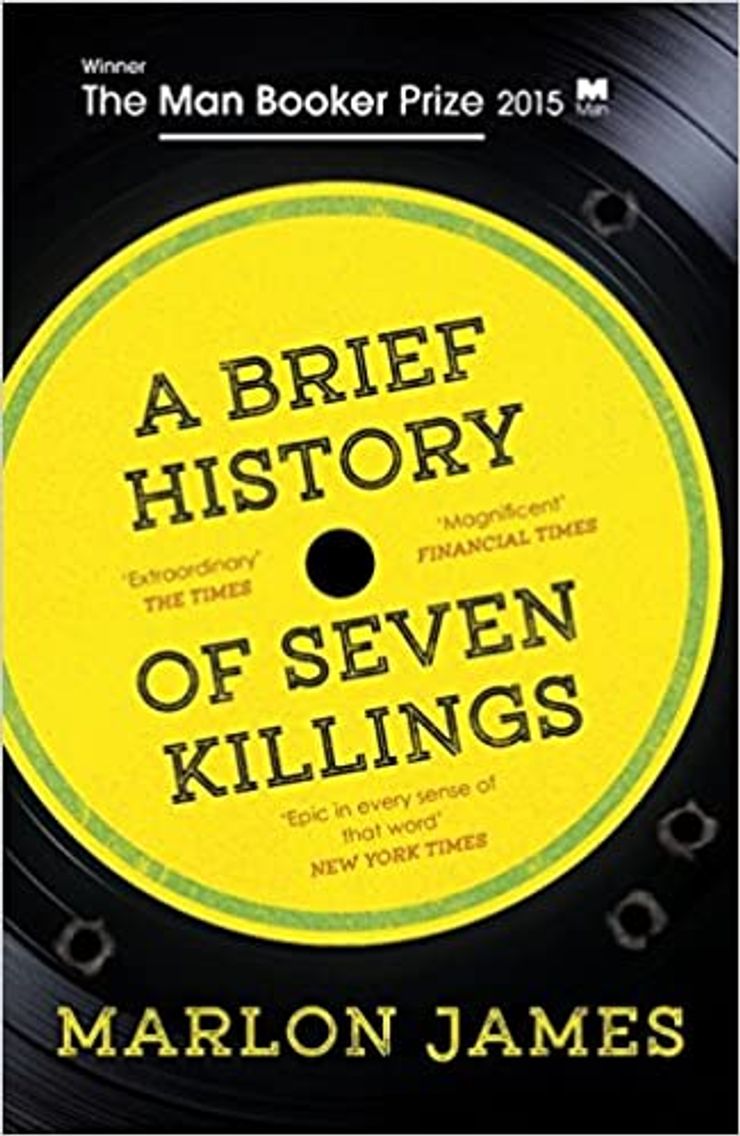
Marlon James uses the attempted assassination of Bob Marley as the catalyst for a story spanning several decades, various locations and a huge cast of over seventy-five characters.
The Year of the Runaways, shortlisted 2015
by Sunjeev Sahota
Derbyshire-born author Sahota’s novel depicts a disparate group of yong Indian men thrown together in a house in Sheffield, each having fled India in search of a new life. The Year of the Runaways spans India and England, the past and the present day, focusing on the pressures and pains of illegal immigration.
Bring Up the Bodies, winner 2012
by Hilary Mantel
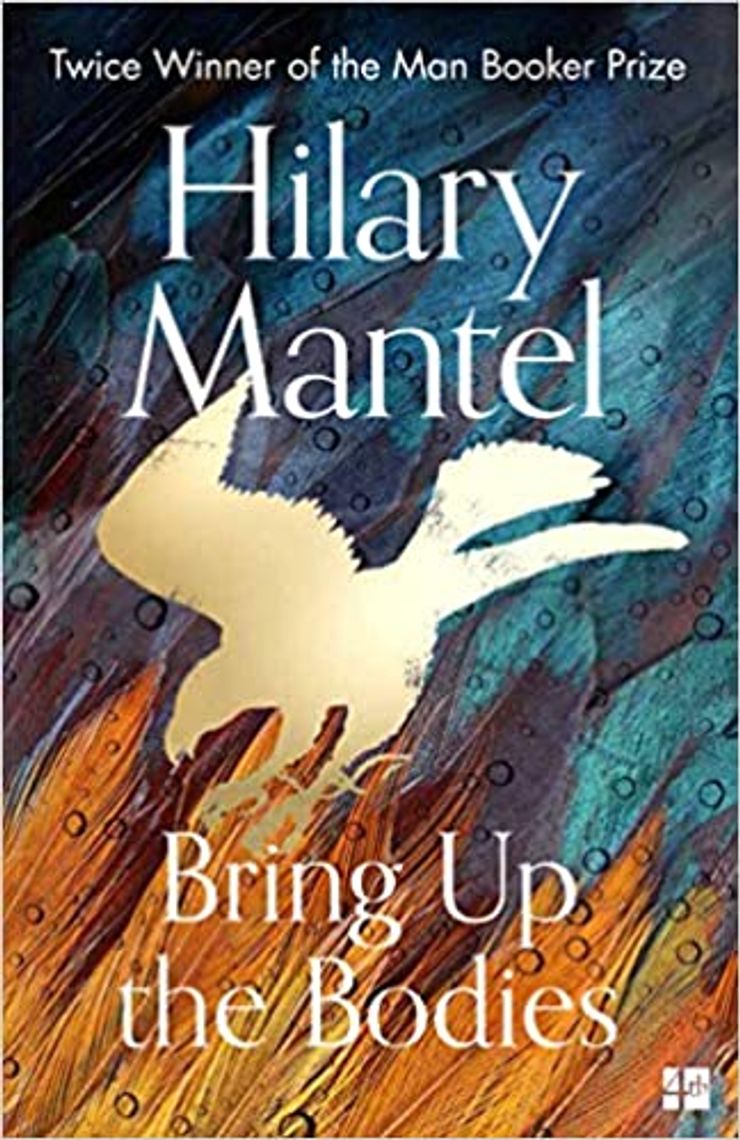
The sequel to Mantel's other Booker-winning novel, Wolf Hall in 2009, and the middle chapter in her trilogy charting the rise and fall of Thomas Cromwell in the court of Henry VIII. The final part, The Mirror and the Light, was published in March 2020.
The White Tiger, winner 2008
by Aravind Adiga
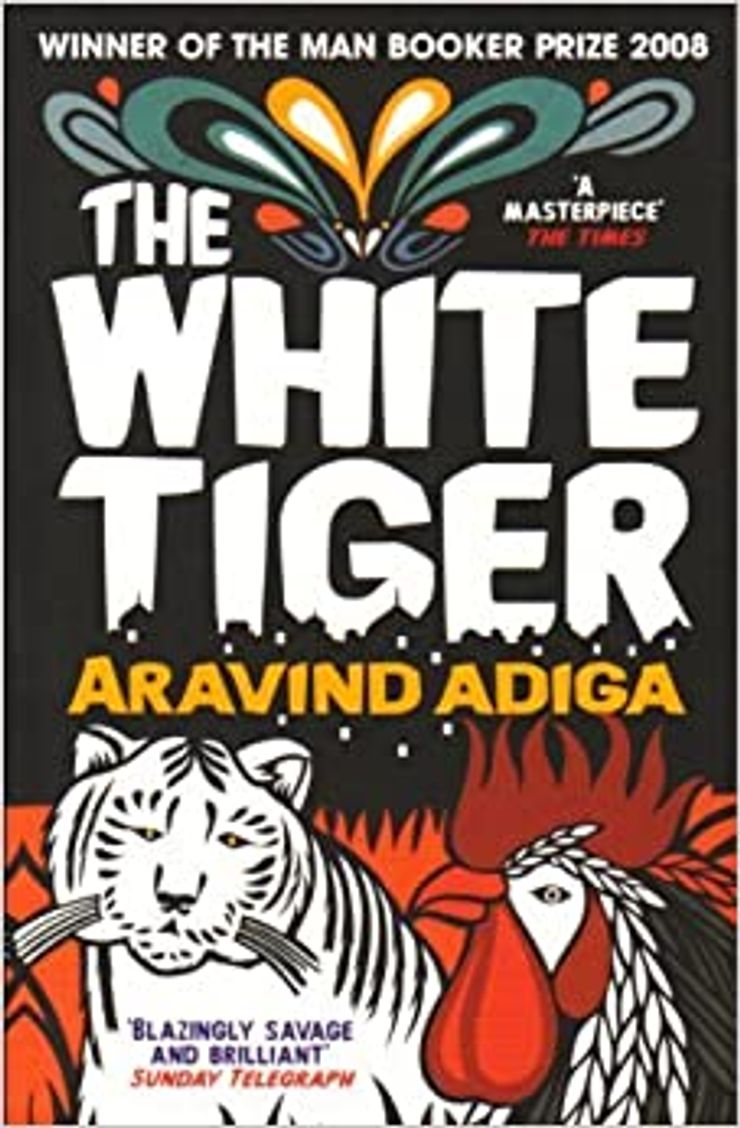
The fortieth Booker winner, this was Aravind's debut novel and, at thirty-three, he was the second youngest author to win the prize. It tackles themes of globalization, freedom and class struggle through the eyes and words of one young man.
The Blind Assassin, winner 2000
by Margaret Atwood
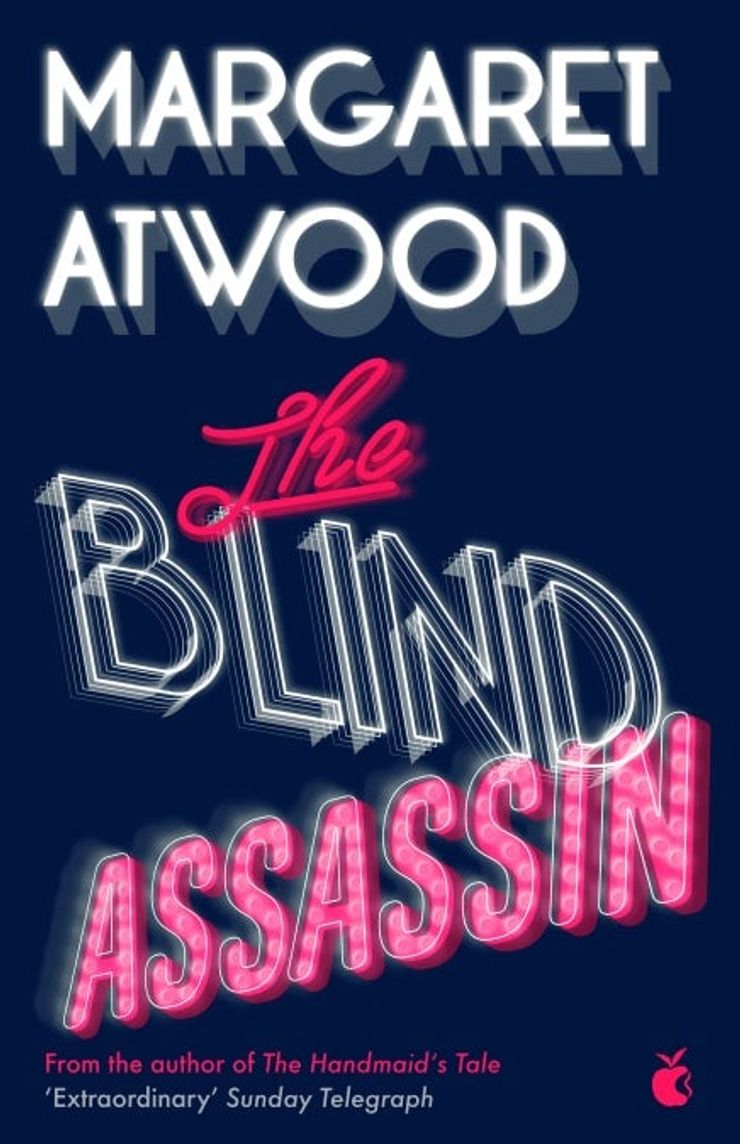
Another brilliant read from the great Canadian author and poet, The Blind Assassin was also shortlisted for the Orange Prize for Fiction (now known as the Women's Prize for Fiction). Set in Ontario, it spans events that take place throughout the twentieth century and also contains a novel within a novel.
Last Orders, winner 1996
by Graham Swift
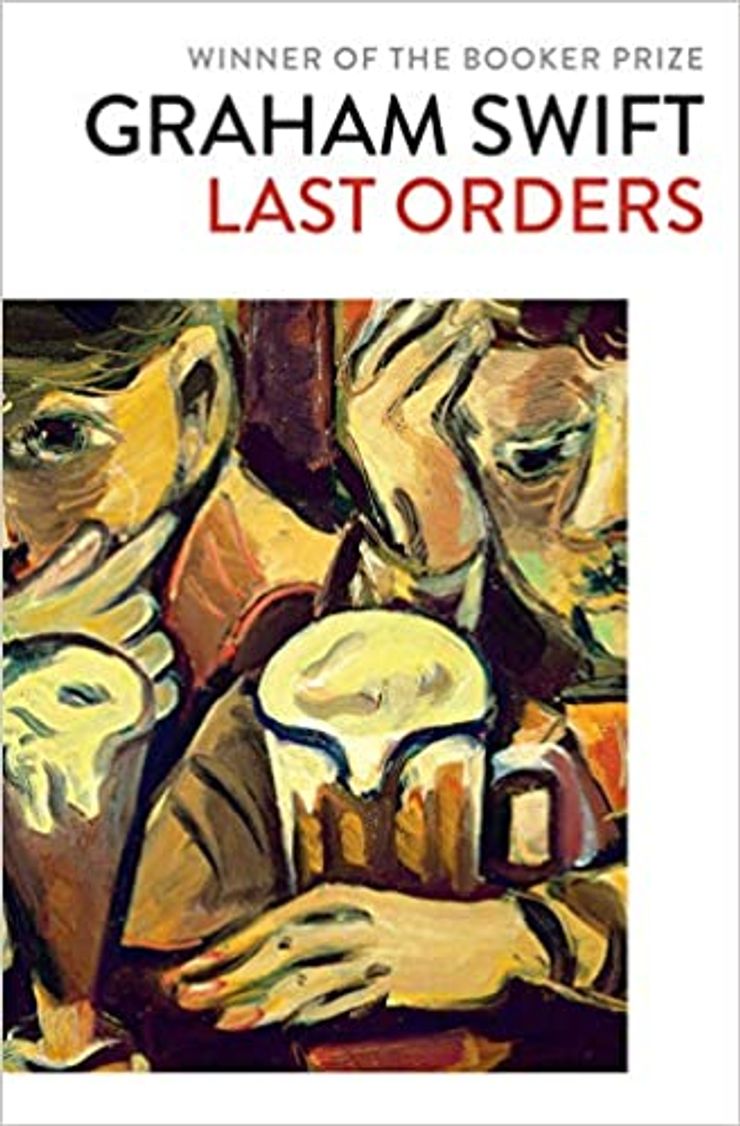
Four men gather to carry out their old friend's last wish: to have his ashes scattered into the sea. On the surface the tale of a simple if increasingly bizarre day's outing, Last Orders is Graham Swift's most poignant exploration of the complexity and courage of ordinary lives.
Moon Tiger, winner 1987
by Penelope Lively
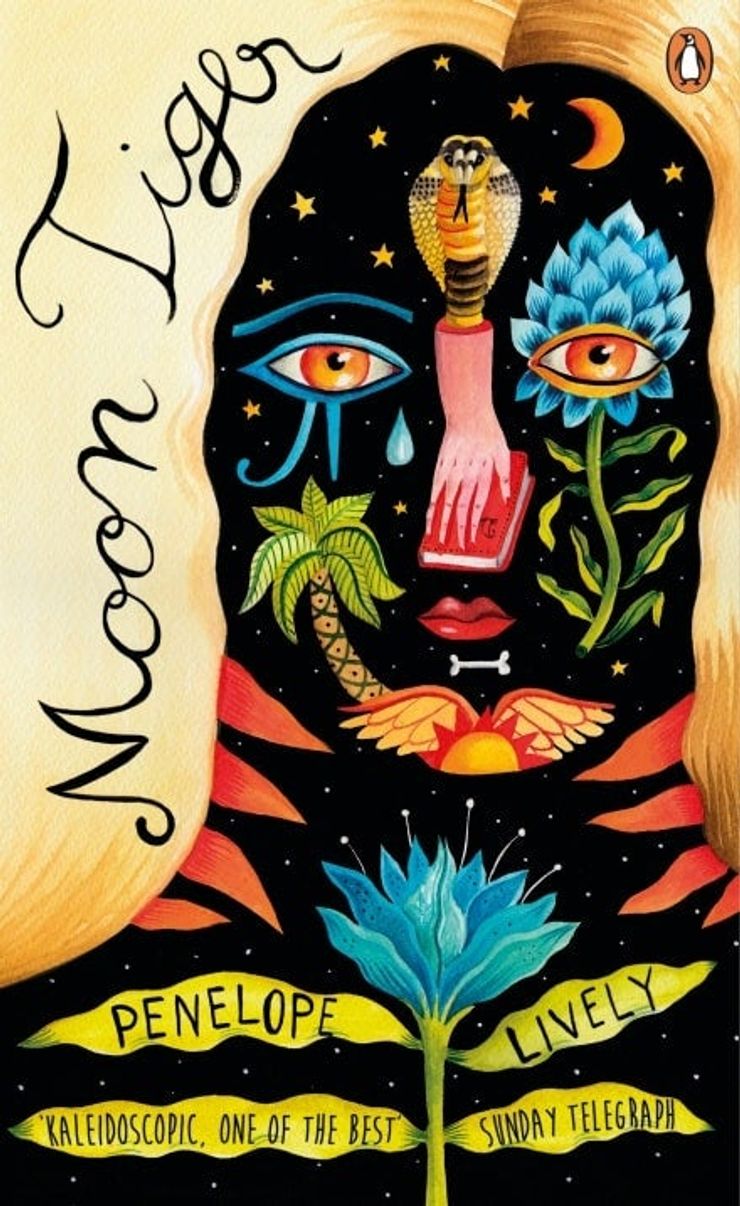
Going back and forth in time from pre, post and during World War II, as a historian on her deathbed explores her own personal history, tackling the passions and pains that have defined who she is.
The Sea, The Sea, winner 1978
by Iris Murdoch
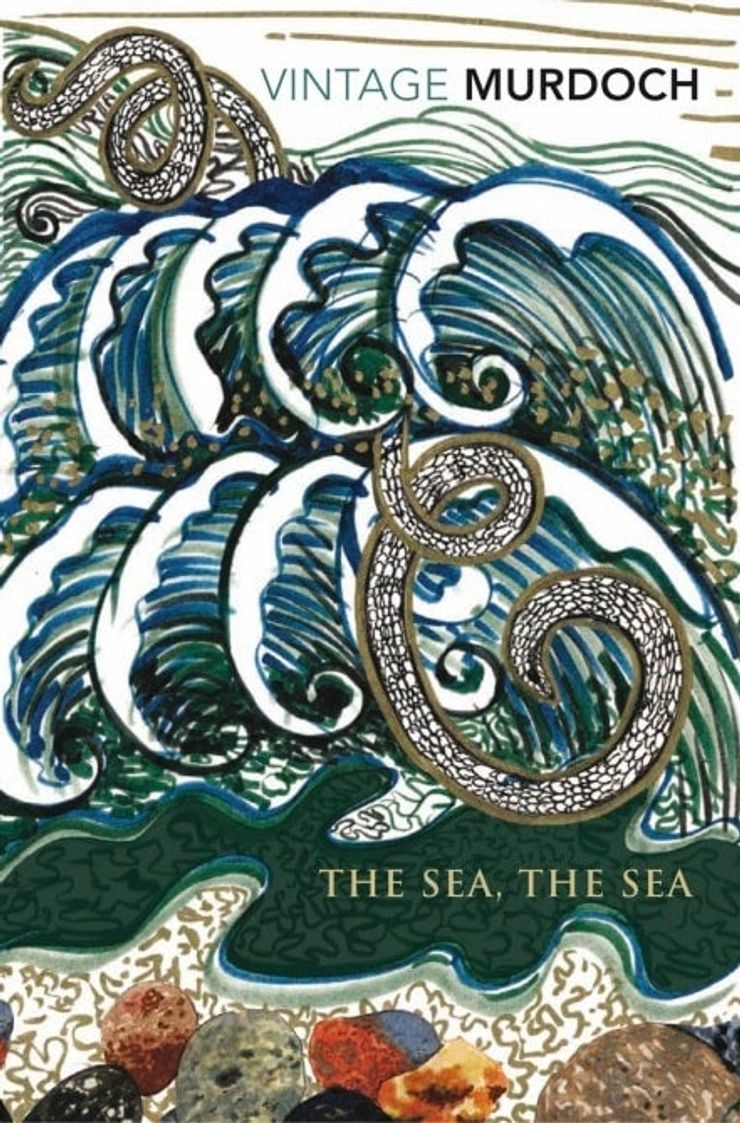
The fourth of Murdoch's books to be shortlisted (and the first to win), it's a classic about a theatre director and playwright working on his memoirs, and the vanity, self-deceit and obsessions that have driven his life, as a romantic figure from his past comes back to affect him.
For more reads, discover the best literary fiction everyone is talking about.
